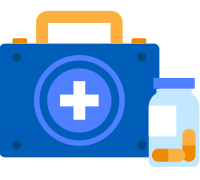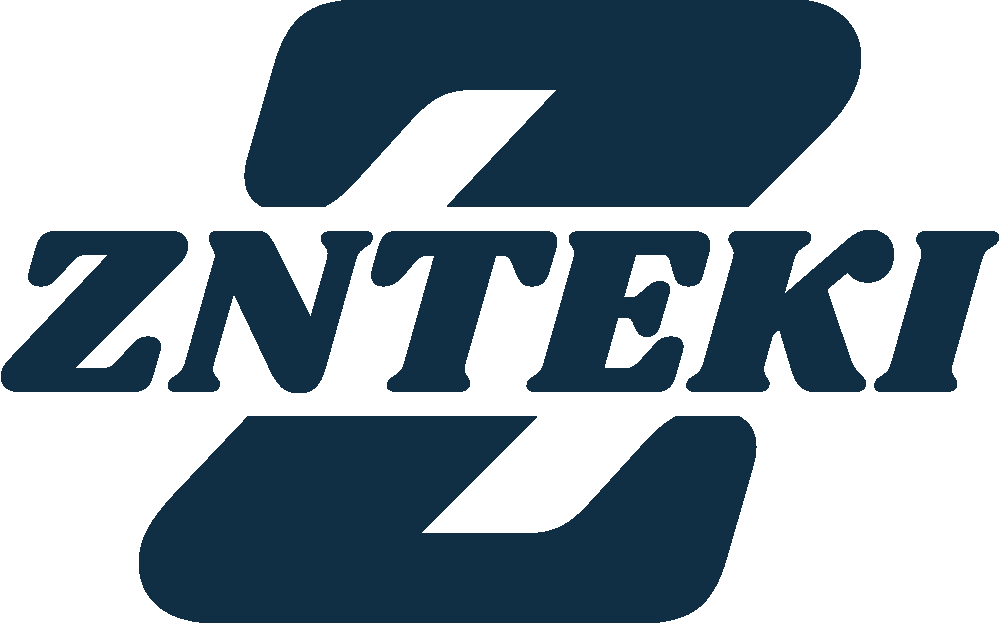"Revolutionizing healthcare through personalized care and innovative technology."
Patient-centric healthcare solutions built on next-generation technologies are rapidly transforming the healthcare industry. With advancements in artificial intelligence, machine learning, and other innovative technologies, healthcare providers can now offer more personalized and efficient services that cater to the unique needs of each patient.
Health
The healthcare industry is witnessing a shift towards “wellness” as a means of measuring social health, as opposed to simply preventing or treating illnesses. As a result, healthcare technologies and life sciences are receiving increased attention. With longer lifespans and a growing focus on healthy lifestyles, there is a noticeable increase in patient access and proactive engagement. However, it is important to note that more volume does not necessarily equate to more value, as the industry is facing decreasing margins.
Why ZNTEKI
These technologies enable providers to gather and analyze vast amounts of patient data in real-time, allowing for more accurate diagnoses and treatment plans. They also support the development of smart wearable devices, remote monitoring systems, and other tools that enhance patient engagement and enable patients to take a more active role in managing their health.

Redefining healthcare with patient-centric solutions and cutting-edge technology
Hospital front office and practice management are vital for efficient healthcare operations, from scheduling appointments to revenue cycle management. They streamline administrative tasks, enhance patient satisfaction and optimize cost-efficiency, ultimately enabling healthcare providers to deliver high-quality care to their patients.
Medical coding and billing management is a crucial component of healthcare revenue cycle management. It involves translating medical services into codes and submitting them to insurance companies for reimbursement. Accurate medical coding and billing management help healthcare providers to minimize revenue loss, reduce claim rejections, and increase cash flow.
Collections management is the process of tracking and collecting outstanding payments from patients and insurance companies. It involves managing accounts receivable, tracking billing disputes, and negotiating payment plans. Effective collections management is critical for healthcare providers to maintain financial stability and provide high-quality patient care.
Management reporting refers to the process of gathering and analyzing data to generate reports that inform decision-making at the management level. In healthcare, management reporting can provide insights into key performance indicators, financial performance, and patient outcomes. This information can help healthcare providers to optimize operations, improve quality of care, and make data-driven decisions.

